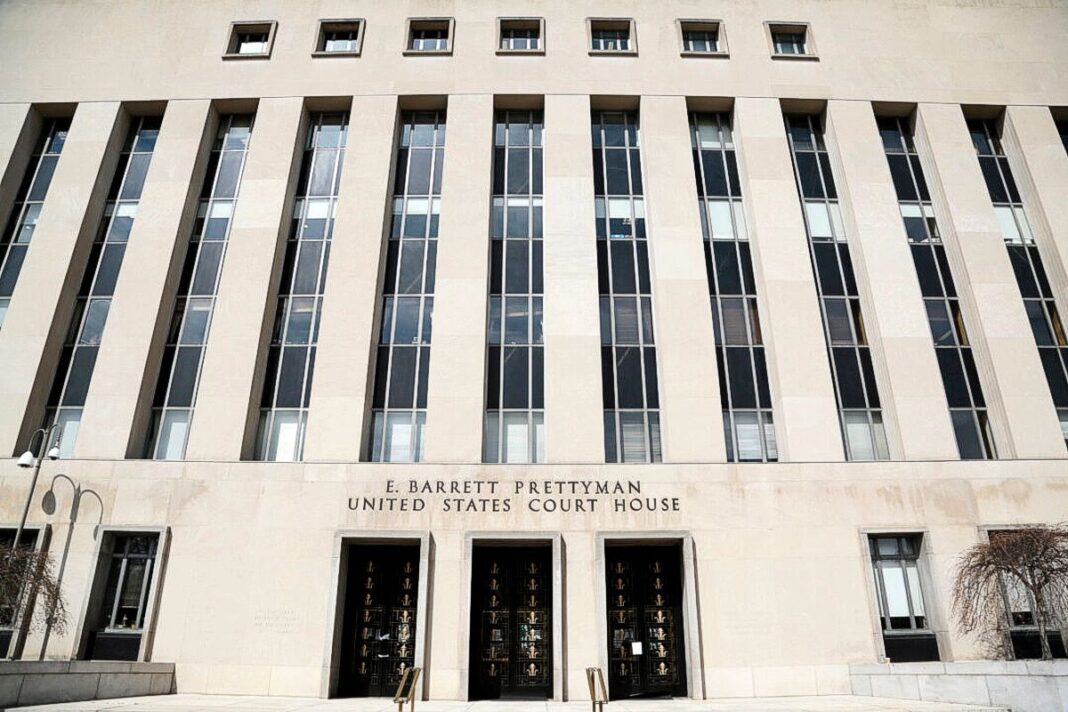A temporary restraining order blocking the removals was originally issued by Judge Sooknanan on Aug. 31.
A federal district judge on Sept. 18 formally blocked the Department of Homeland Security (DHS) from deporting a group of Guatemalan children who entered the United States illegally and without parents.
The new order issued by Judge Timothy Kelly of the U.S. District Court for the District of Columbia covers 10 plaintiffs whom the DHS wants to remove from the United States, as well as an unspecified number of children already in federal custody.
The newly issued preliminary injunction is an upgrade of a temporary restraining order preventing removal that was originally issued on Aug. 31 and then repeatedly extended by the district court.
The plaintiffs filed suit after media outlets reported on Aug. 29 that the DHS was planning “to imminently remove hundreds of Guatemalan unaccompanied minors to Guatemala,” the legal complaint filed in the case said.
The government’s effort to deport the minors, who have “active proceedings before immigration courts across the country,” is “in clear violation of the unambiguous protections that Congress has provided them as vulnerable children,” according to the complaint.
Removing the minors would violate the Trafficking Victims Protection Reauthorization Act of 2008, the Immigration and Nationality Act, and the Constitution, the complaint said.
The Trafficking Victims Protection Reauthorization Act provides that unaccompanied minors from the contiguous countries of Mexico and Canada who are present in the United States may be returned to their home countries if they meet certain criteria.
The minors must be determined not to be victims of human trafficking and not to have a fear of returning to their home countries.
The statute provides that unaccompanied children from noncontiguous countries, such as Guatemala, should be treated differently.
Such children must be placed with the Office of Refugee Resettlement, which is part of the DHS, and put in standard removal proceedings if they are found to be victims of human trafficking or fear returning to their home country.
The case is a class action known as L.G.M.L. v. Noem.
In a class action, one or more plaintiffs sue on behalf of a “class,” or a larger group of people who claim to have suffered the same injury because of a defendant.








